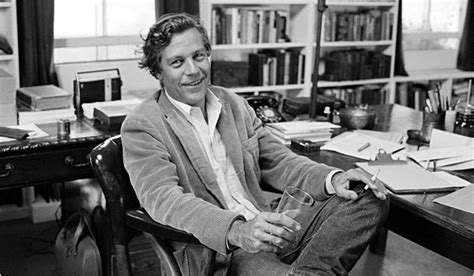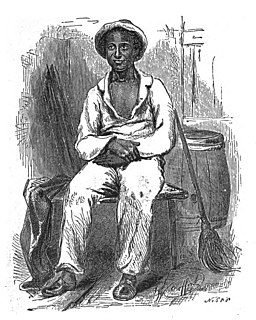A Quote by Imre Kertesz
I think a man turns into a writer by editing his own texts.
Related Quotes
Editing should be, especially in the case of old writers, a counselling rather than a collaborating task. The tendency of the writer-editor to collaborate is natural, but he should say to himself, 'How can I help this writer to say it better in his own style?' and avoid 'How can I show him how I would write it, if it were my piece?'
A man who gives way to his passions is like a man who is shot by an enemy, catches the arrow in his hands, and then plunges it into his own heart. A man who is resisting his passions is like a man who is shot by an enemy, and although the arrow hits him, it does not seriously wound him because he is wearing a breastplate. But the man who is uprooting his passions is like a man who is shot by an enemy, but who strikes the arrow and shatters it or turns it back into his enemies heart.
As with editing, I think my strength as a writer is structure. It's not a skill that's much discussed when we discuss fiction, or not as much as language or character development anyway, but it's the first thing I determine before I begin writing - not just books, but anything. I think I know how to pace a narrative well. I think I'm aware of repetition, that I try to create different kinds of sentences as often as I can. Those are all things I learned from magazine editing.
As every writer knows... there is something mysterious about the writer's ability, on any given day, to write. When the juices are flowing, or the writer is 'hot', an invisible wall seems to fall away, and the writer moves easily and surely from one kind of reality to another... Every writer has experienced at least moments of this strange, magical state. Reading student fiction one can spot at once where the power turns on and where it turns off, where the writer writes from 'inspiration' or deep, flowing vision, and where he had to struggle along on mere intellect.
Writing itself, if not misunderstood and abused, becomes a way of empowering the writing self. It converts anger and disappointment into deliberate and durable aggression, the writer's main source of energy. It converts sorrow and self-pity into empathy, the writer's main means of relating to otherness. Similarly, his wounded innocence turns into irony, his silliness into wit, his guilt into judgment, his oddness into originality, his perverseness into his stinger.
Every time I sit down to write, I need to commit to a word count goal, otherwise I waste too much time editing and re-editing my previous work, staring dreamily off into space, pretending that I'm thinking profound, poetic thoughts when really I'm just thinking, 'Look at me being a writer! I'm so happy I'm a writer!'
When the white man turns tyrant it is his own freedom that he destroys.He becomes a sort of hollow,posing dummy,the conventional figure of a sahib.For it is the condition of his rule that he shall spend his life in trying to impress the "natives",and so in every crisis he has got to do what the "natives" expect of him.He wears a mask and his face grows to fit it.
At such times, the heart of man turns instictively towards his Maker. In prosperity, and whenever there is nothing to injure or make him afraid, he remembers Him not, and is ready to defy Him; but place him in the midst of dangers, cut him off from human aid, let the grave open before him, then it is, in the time of his tribulation, that the scoffer and unbelieving man turns to God for help, feeling there is no other hope, or refuge, or safety, save in his protecting arm.


































